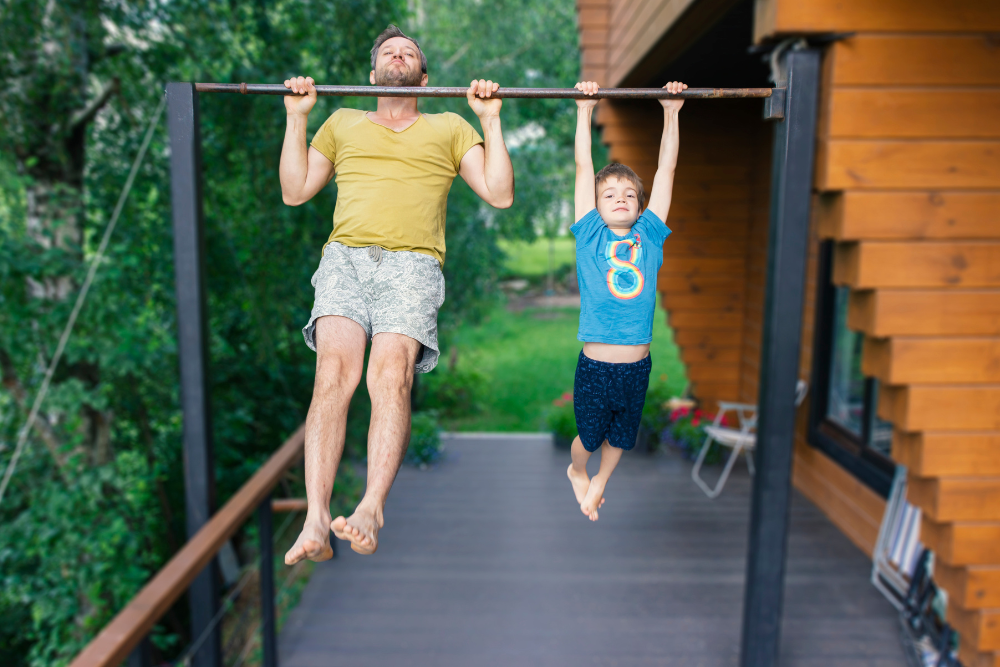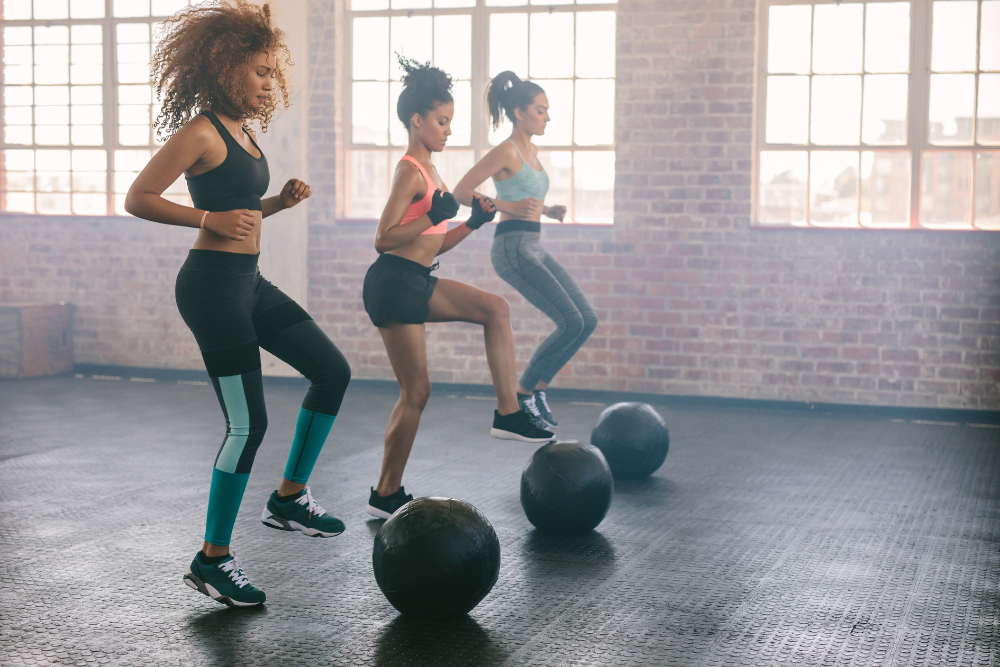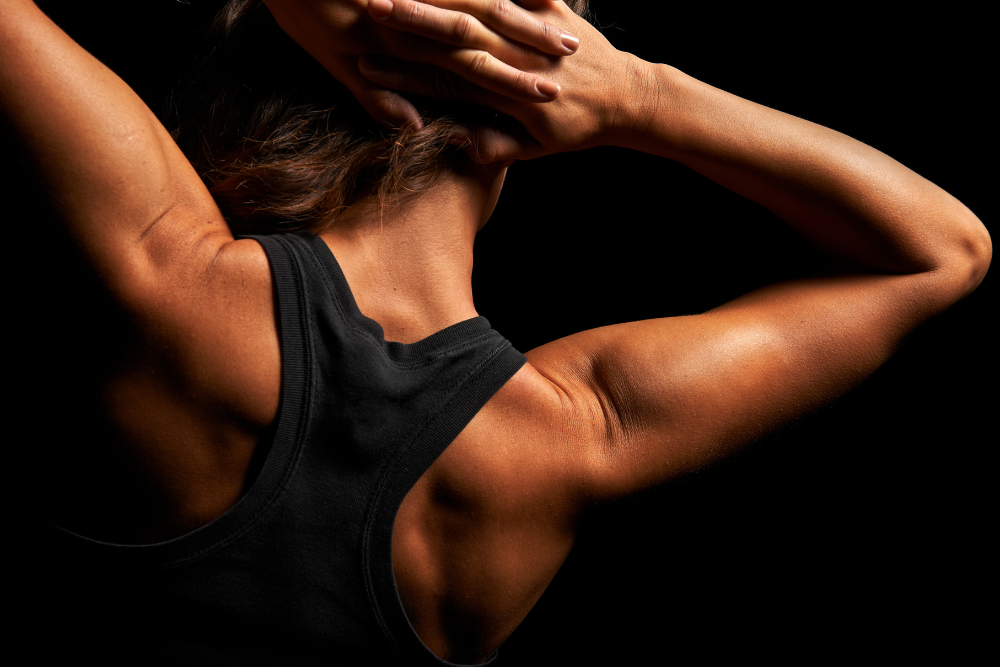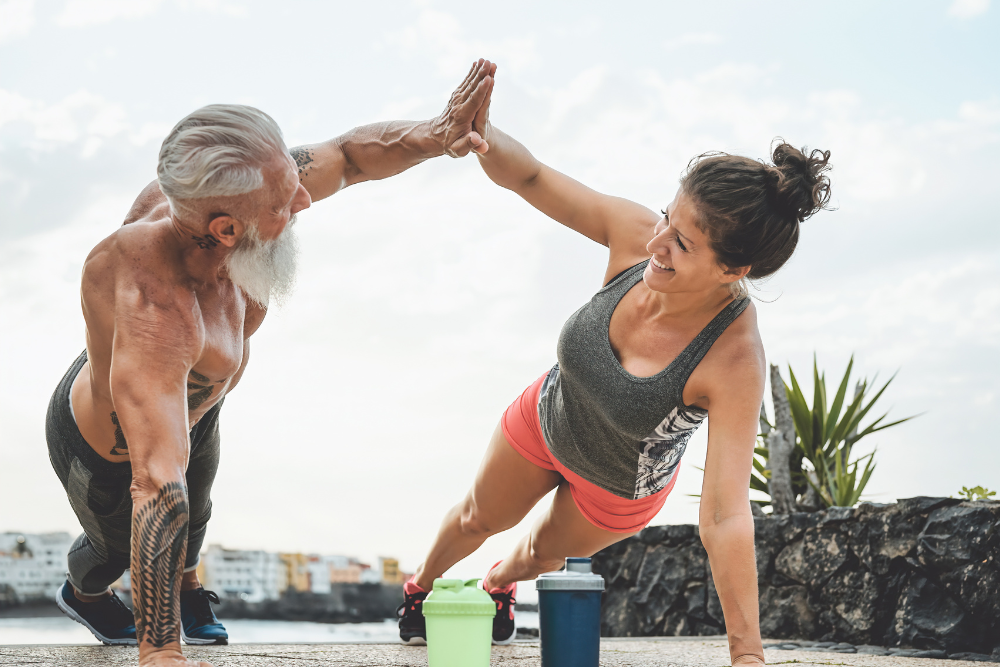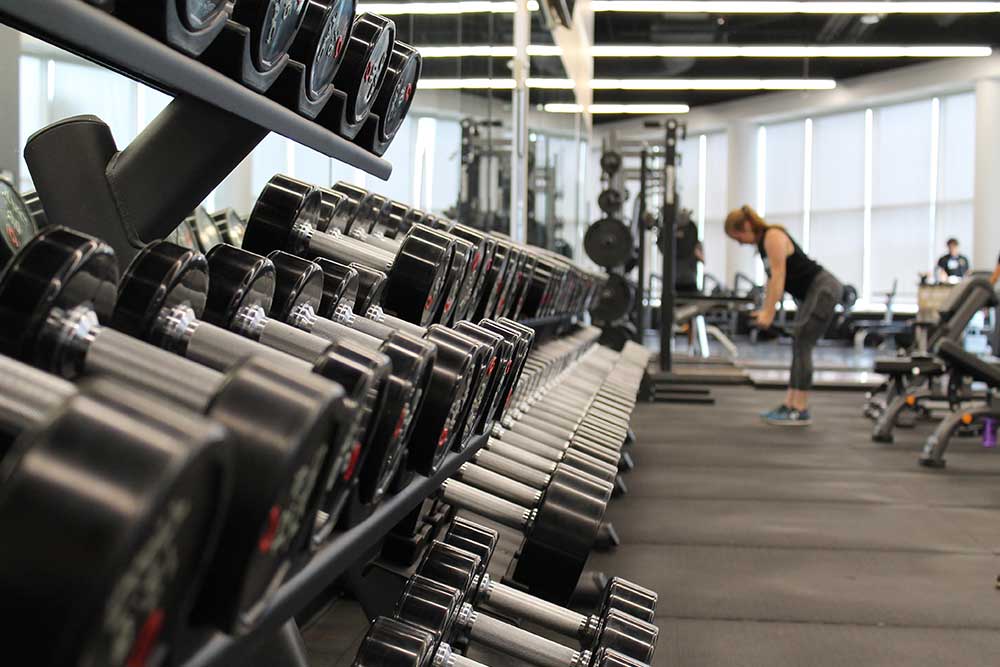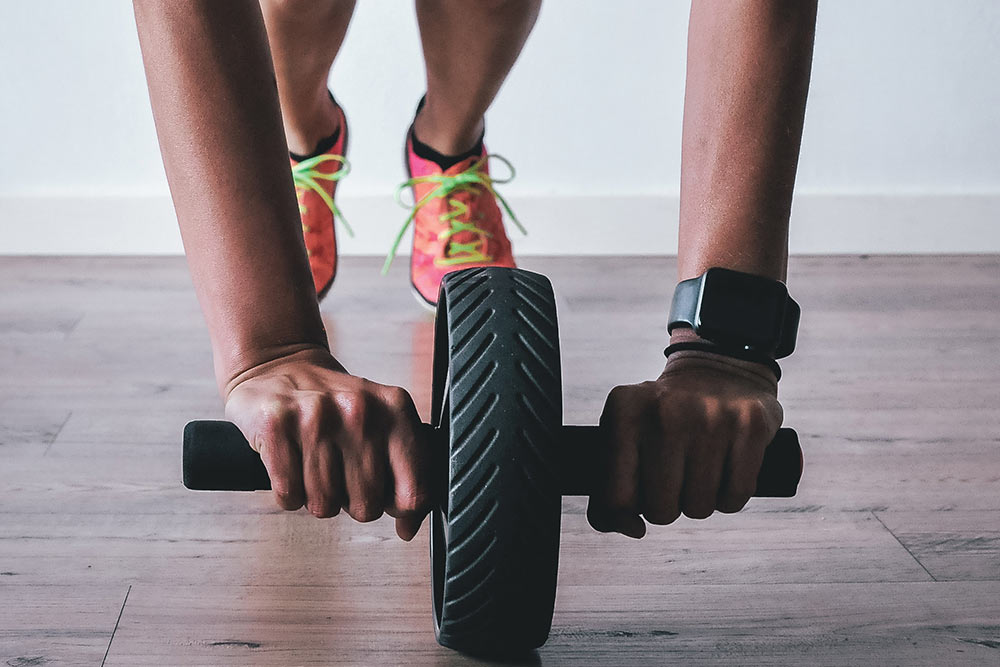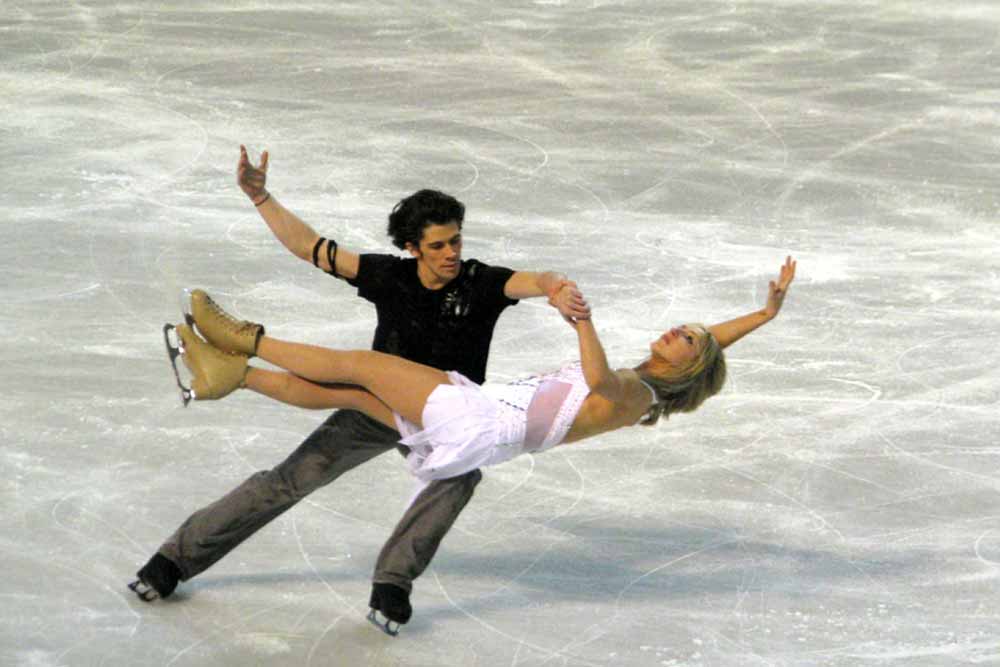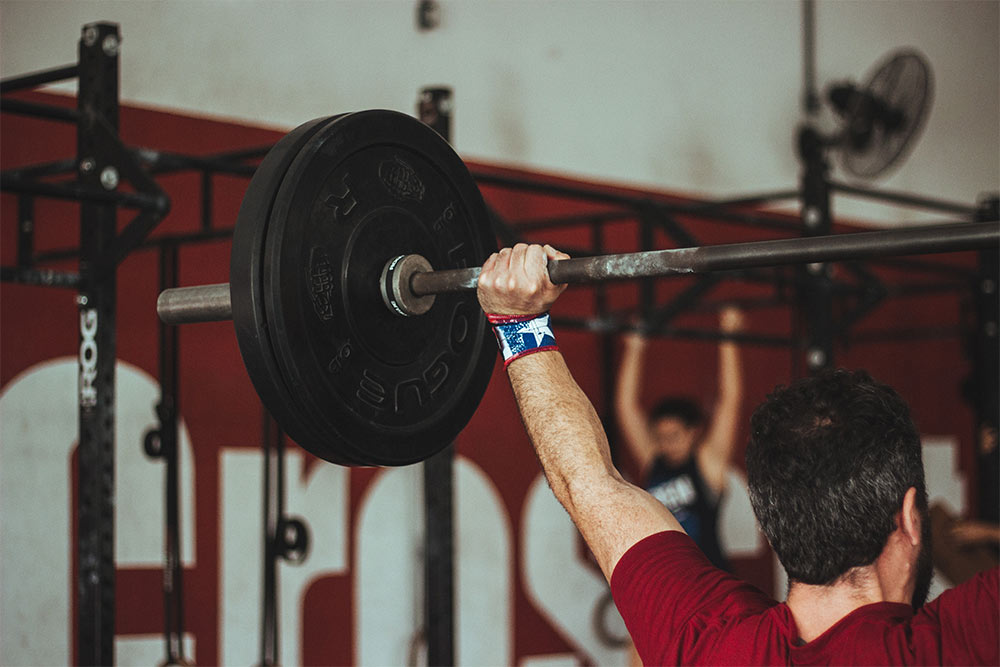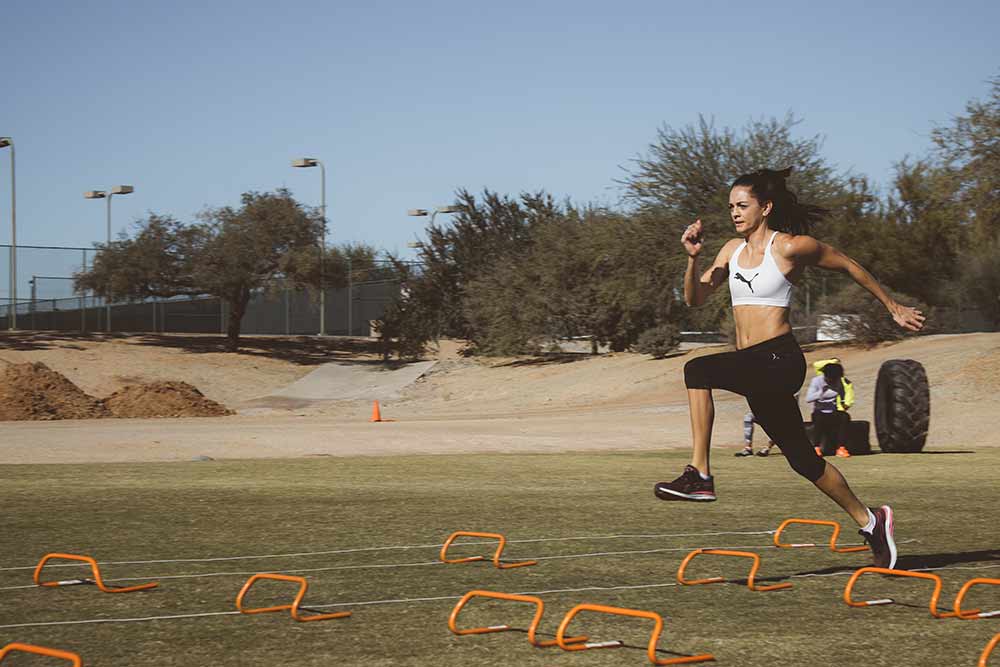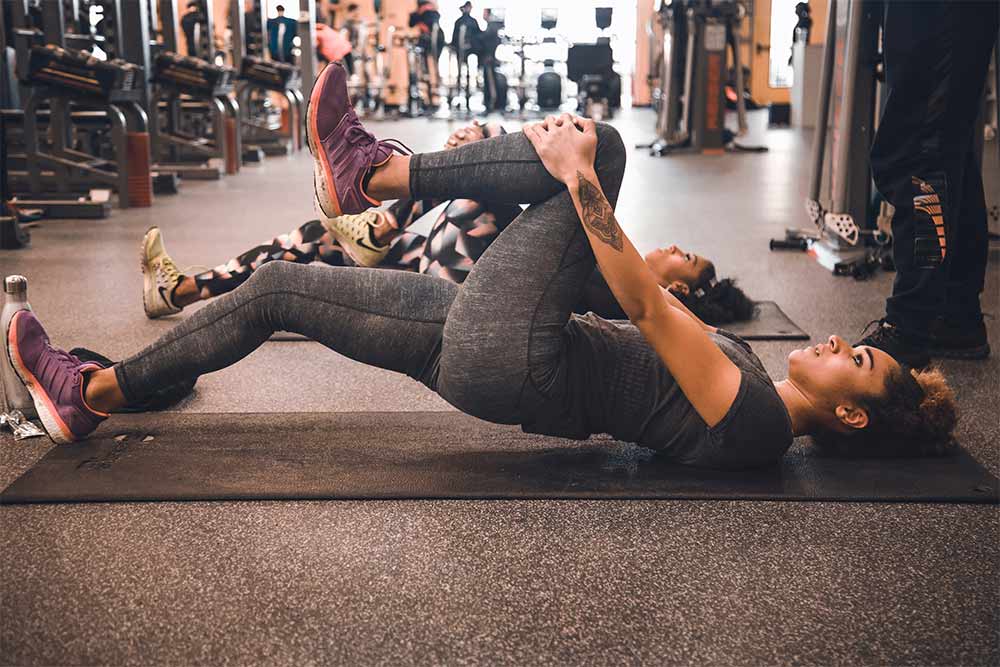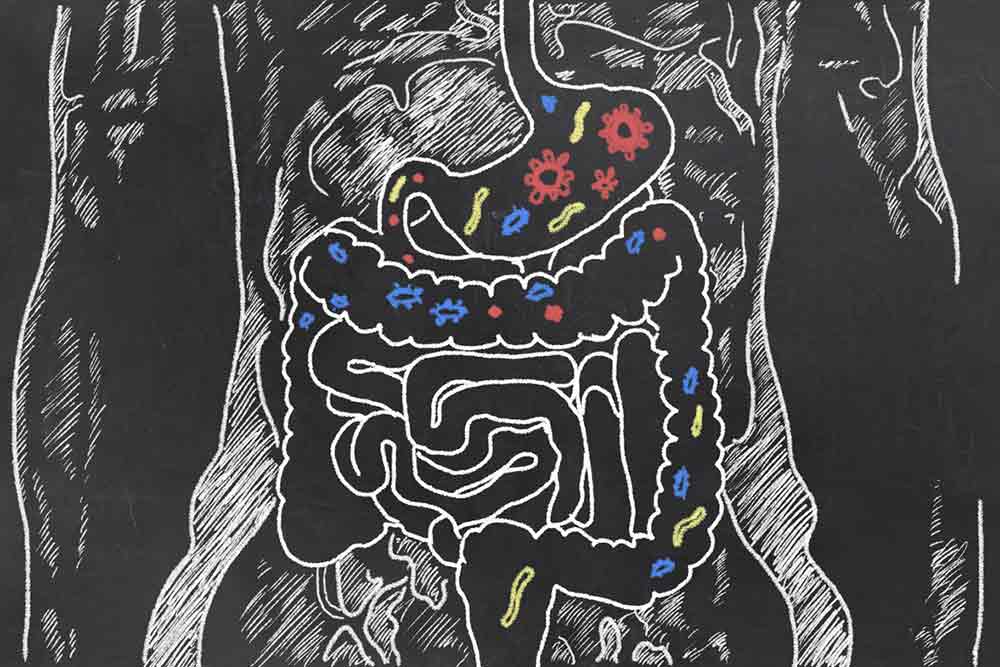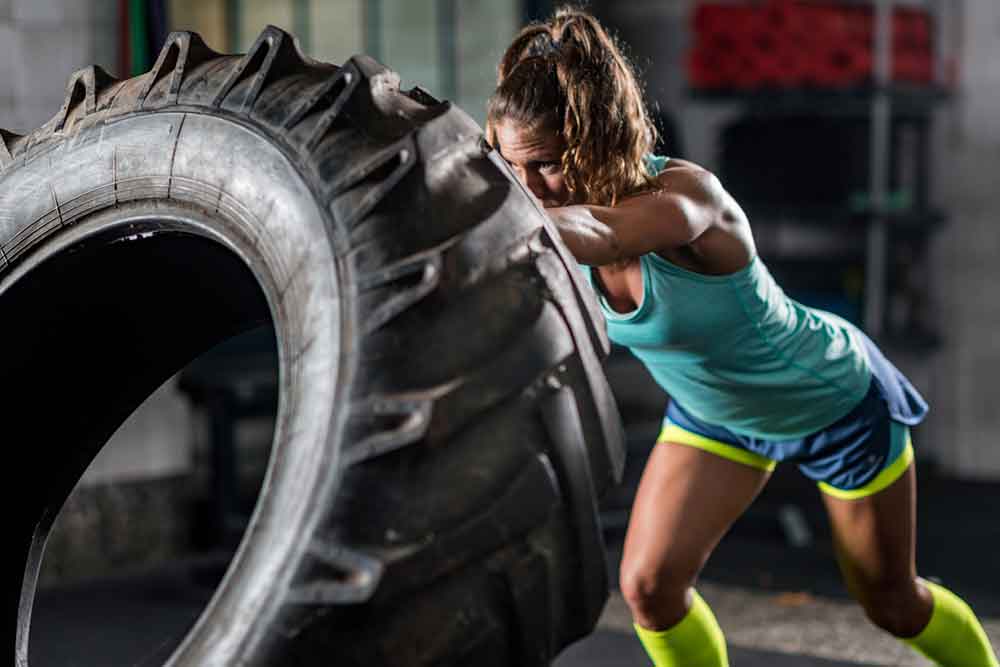The Most Effective Coping Technique for Competition Performance

A Review by Alyssa Bialowas
An athletes’ ability to handle their nerves and perform under pressure leads to successful performance outcomes in competition. Athletes who exhibit vital self-regulatory processes while competing enable an athlete to regulate physiological and psychological states to help guide sport behaviors and decision-making that lead to goal achievement. Without effective coping skills during training or competition, athletes tend to feel affected by pressure and often underperform.
Literature surrounding positive sport psychology has become very numerous and crowded, which can result in reading misleading and unhelpful techniques and practices set out by practitioners and coaches. This study set out to examine the influence of coping interventions on performance under pressure, and critique existing literature leading to best practice future intervention research.
Related Article: Competitive Anxiety & Its Effect On Heart Rate In Swimmers
The Study
A systematic review was used to review findings from studies that focus on coping interventions used under performance pressure. Following the preferred reporting items for systemic reviews and meta-analyses (PRISMA) guidelines, five databases were searched for results. 23 peer review papers met the inclusion criteria. Papers were included that assessed quality, performed well on research objectives, research design, and statistical procedures. The review identified intervention studies that used different techniques to improve the ability to perform under pressure.
The techniques were as follows:
- Education focus
- Consultancy sessions
- Simulation training
- Emotion regulation strategies
The Results
Studies found that replicated competition, such as studies that simulate the feeling of being under pressure, produced the most consistent improvements to performance compared with a control group. However, researchers found that simulation studies and pressure interventions had limitations in their design, execution, and evaluation sections of their studies. Future research should highlight the approach used to generate meaningful performance pressures and assess the consequences of that pressure.
Takeaway
Cognitive behavioral approaches to address pressure were most often observed, and behaviors associated with this approach were relaxation and re-appraisal techniques such as positive self-talk. These techniques combat unhelpful aspects of physiological and psychological stress responses such as nausea and excessive tension.
Related Article: 4 Ways To Control Competition Anxiety
You Might Like:
The Science of Temperature Therapy
Temperature therapy (also known as “thermal therapy” or “thermotherapy”) involves the use of heat or cold to improve health and function. Interestingly, thermotherapy has been around for centuries, with ancient cultures regularly using hot springs,...The Predictors of Longevity You Need to Care About
Living a long and healthy life is a universal aspiration, and with the publication of Peter Aittia’s new book “Outlive”, it has never been a bigger focus. With this has come the realisation that, while...How Overtraining and Undertraining Impacts Hormonal Health
While maintaining a healthy hormonal balance is essential for overall health and wellbeing, it is an often-overlooked component of women’s health. Hormones play a vital role in regulating various bodily functions, including metabolism, energy, mood,...12 days of Fitness: 12 Holiday workouts to crush this Christmas
The holiday period is a time for friends, food, and family. With this in mind, it should be a time of guilt-free fun. However, that doesn’t mean you have to neglect your fitness entirely over...Upper Body Strength in Post-Menopausal Women
Menopause is a unique time in the human life, and with it comes a myriad of changes that can have wide reaching health implications. However, over the last 20 years we have seen a strong...Exercise After Menopause: What You Need To Know
Menopause is one of the most significant events in a woman’s life, and with it comes several changes that can affect function. Moreover, the post-menopausal period comes with many health considerations that can have a...References
Devonport, T., Friesen, A., Kent, S., Lane, A., & Nicholls, W. (2018). “The Effects of
Coping Interventions on Ability to Perform Under Pressure.” Journal of Sports
Science and Medicine, 17, 40-55.


